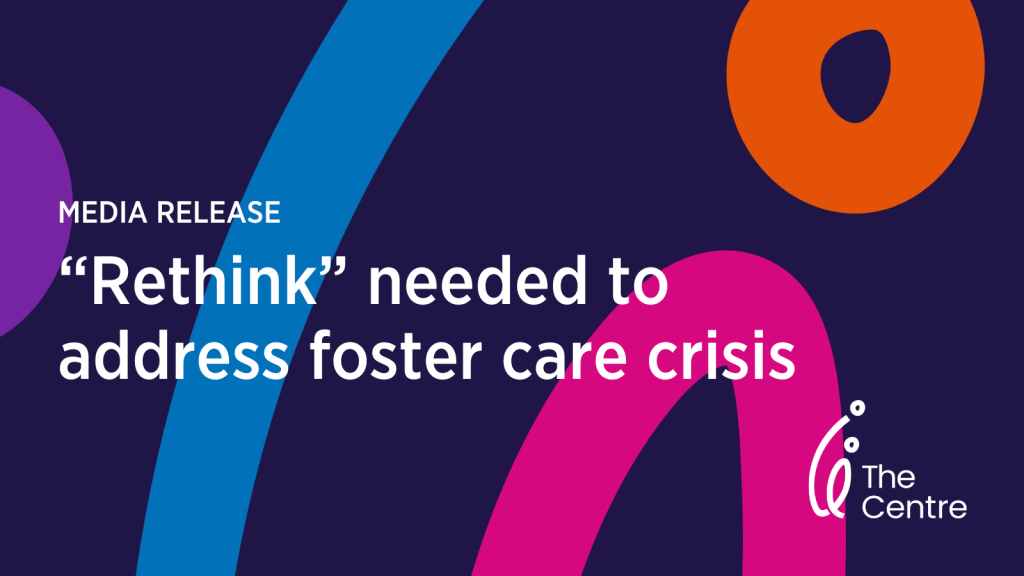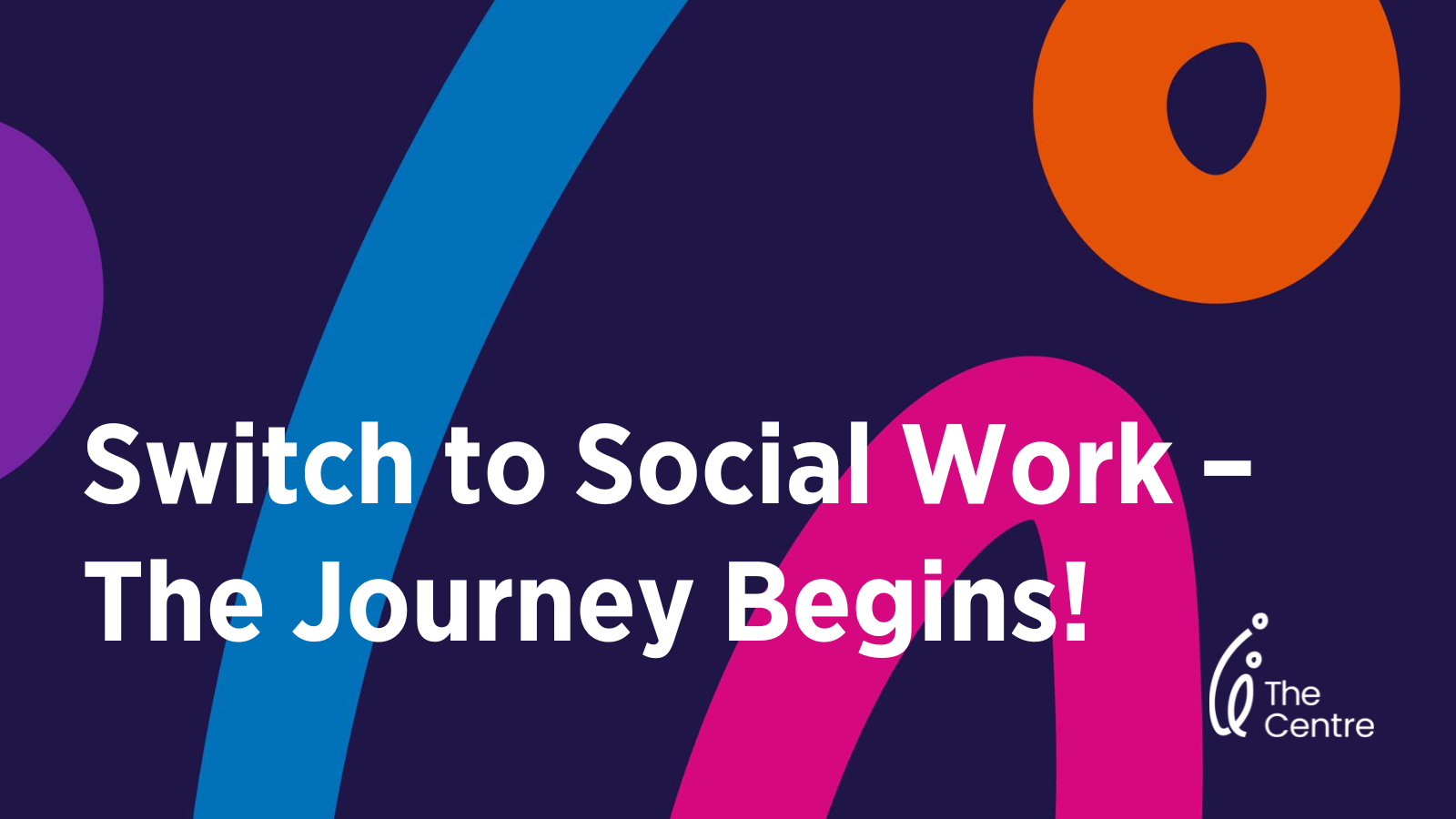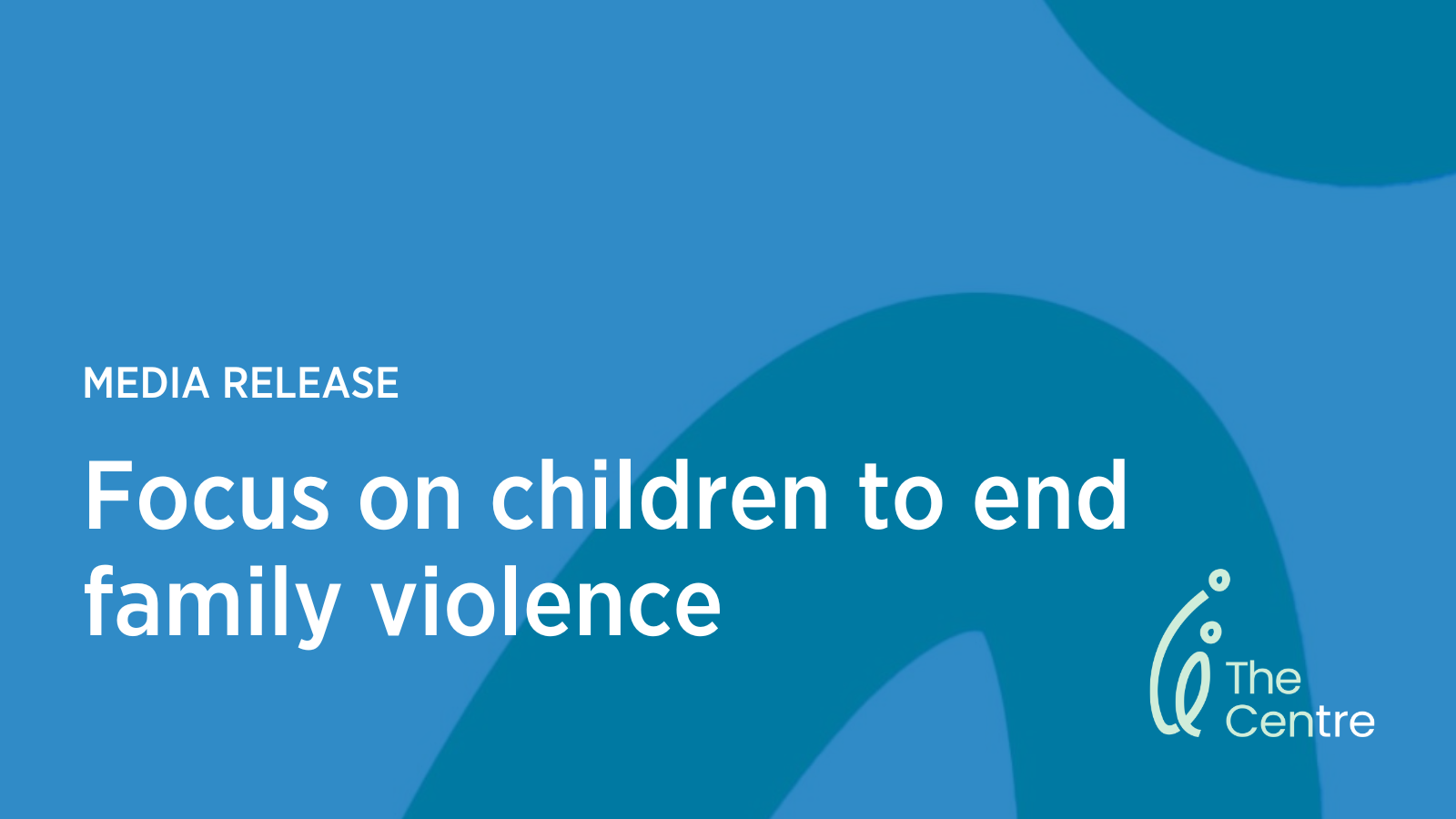Cost of living pressures are significantly impacting the number of new foster carer enquiries in Victoria, with the number of new carers completing the carer accreditation process dropping by 26 per cent this year.
Analysis of Victoria’s potential foster carers by The Demographics Group, commissioned by OzChild and The Centre for Excellence in Child and Family Welfare, shows the problem is systemic in nature and requires a rethink of the role of caring at both state and federal levels.
Foster care is the backbone of Australia’s child protection system, but escalating economic pressures, coupled with demographic and societal shifts pose devastating impacts on the available pool of carers, warns The Demographics Group demographer Simon Kuestenmacher.
The Centre CEO Deb Tsorbaris says previous research shows Victorians are sympathetic to the plight of children and young people who are unable to live at home but cost of living difficulties and rigid care models mean new carers aren’t coming forward or are dropping out of the accreditation process.
“We are not unique in Victoria. This is a national problem. We urgently need to rethink caring and consider not just the impact of cost-of-living pressures, but also the changing nature of households, how we work, and the changing needs of children and young people who are entering care,” she says.
“The co-creation of a contemporary foster and kinship care system that involves collaboration between researchers, policymakers, peak bodies, agencies, intersecting systems, young people, and families would be a welcomed step forward,” Ms Tsorbaris says.
Ms Tsorbaris says there are many levers available to governments to address the barriers to caring that exist right now.
“Some of these barriers are financial, which is something the government has the power to do almost immediately, but it’s important to understand that carer payments are only one of many issues that need to be addressed to modernise the foster caring,” she says.
“Children enter care when their family units break down. Preventative programs that help parents and families, with early intervention and programs that support families in crisis, are an important part of this picture.”
She says the Centre will continue its work with the Victorian and Federal Governments to understand the issues and advance solutions.
The Centre’s Fostering Connections service, which is funded by the Victorian Government, is a critical service point for the recruitment of foster carers in Victoria. Quantum Market Research commissioned by Fostering Connections shows that exposure to its Play a Part campaigns results in stronger consideration of fostering with 80 per cent of the people agreeing that the community should provide support to children who can’t live at home.
Mr Kuestenmacher has identified Baby Boomers as the biggest potential growth cohort in the foster care system as it operates now, which is just one of the groups that Fostering Connections engages.
“We see new foster care families forming in younger age groups as well as baby boomers and empty nesters within the LGBTQI+ communities, and with single-person households,” says Ms Tsorbaris.
OzChild Chief Executive Officer and Chair of the Centre, Dr Lisa J. Griffiths, is also calling for a collaborative focus to address the systemic challenges faced by the sector.
“Foster and kinship care has been to date one of the most neglected systems across the country – the broad system support available for carers is not enough.
“Tailored levels of support matched to the presenting needs of children and young people, along with increased investment in evidence-based and professional carer models for children needing intense support is well and truly overdue,” adds Dr Griffiths.
The full demographics report for Victoria will be completed before the end of the year.






